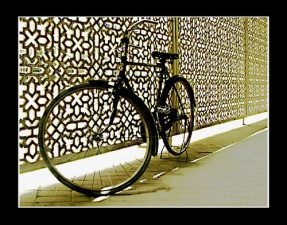
Billboard in Honor of World Breastfeeding Week, Sydney, Australia.
The World Alliance for Breastfeeding Action (WABA) sponsored the 2010 celebration of World Breastfeeding Week on August 1-7. The theme, “Toward a Baby-Friendly World,” highlights ten steps to ensure success in breastfeeding.
Breastfeeding reduces the rate of infant illness and mortality and protects mothers from post-partum hemorrhage, breast cancer and more. Much infant mortality in third-world countries is connected to tainted water supplies and lack of resources to buy formula. Breastfeeding is free, and doesn’t use precious water supplies.
The ten steps cost little and can be implemented even in remote areas.
Ten Steps for Baby-Friendly Care to Promote Breastfeeding:
- Have a written breastfeeding policy that is routinely communicated to all health care staff.
- Train all health care staff in skills necessary to implement this policy.
- Inform all pregnant women about the benefits and management of breastfeeding.
- Help mothers initiate breastfeeding within one half-hour of birth.
- Show mothers how to breastfeed and maintain lactation,even if they should be separated from their infants.
- Give newborn infants no food or drink other than breastmilk, unless medically indicated.
- Practice rooming in – that is, allow mothers and infants to remain together 24 hours a day.
- Encourage breastfeeding on demand.
- Give no artificial teats or pacifiers (also called dummies or soothers) to breastfeeding infants.
- Foster the establishment of breastfeeding support groups and refer mothers to them on discharge from the hospital or clinic.
According to the most recent statistics from UNICEF (2002), 811 hospitals in the Middle East have met the criteria of the Baby-Friendly Hospital Initiative and been awarded “baby-friendly” status. Iran tops the list with 376, and Egypt and Tunisia have 141 and 122, respectively. Libya, Qatar, West Bank/Gaza, Yemen and Israel have no baby-friendly hospitals.
More Green Posts by Hannah Katsman:
Ten Tips for Breastfeeding Your Baby in the Middle East
Breastfeed Your Baby in a Hijab: Public Breastfeeding in the Middle East
Ten Ways to Buy Less When You Breastfeed Your Baby
Make Your Own “Convenience Foods” for Your Baby
Photo Source: Manning-Great Lakes ABA



